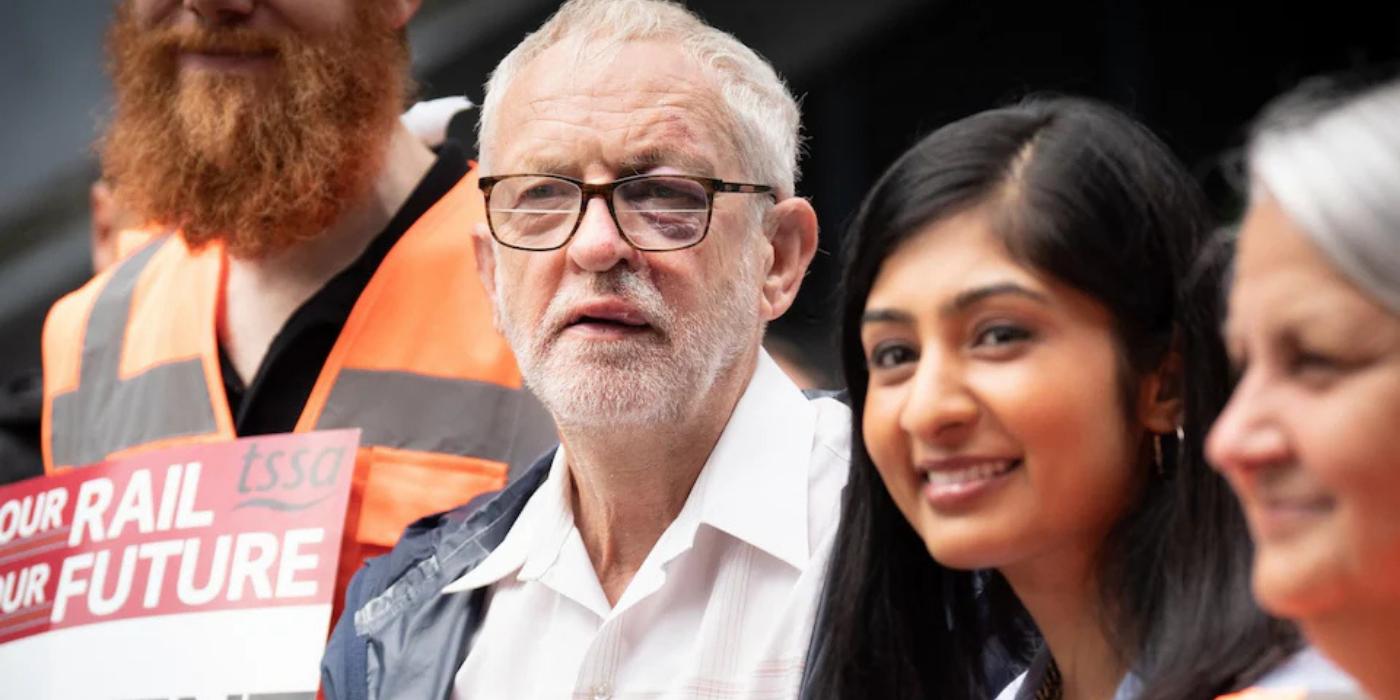

Jeremy Corbyn and Zarah Sultana formally unveiled a new left‑wing political movement on 24 July 2025, provisionally named Your Party, with the aim of offering a radical alternative to current mainstream parties.
Within just 24 hours, Jeremy claimed:
“Wow. In under 24 hours, 200,000 people have signed up to build a real alternative to poverty, inequality and war. Something special is happening.”
Sultana echoed the excitement on social media, stating:
“We’ve reached 230,000 sign ups! That’s more than Reform’s membership, Labour, you’re next.”
The fledgling movement advocates for sweeping economic reforms, including mass wealth redistribution, renationalisation of utilities, an ambitious social housing programme, and an end to UK arms sales to Israel, situating itself clearly to the left of Sir Keir Starmer’s centrist Labour Party.
.jpeg)
Jeremy emphasised the movement’s democratic and grassroots approach:
“It’s democratic, it’s grassroots and it’s open,” he told reporters, adding: “We’re working very well together,” referring to his collaboration with Sultana.
However, the launch has not been without tension. Reports suggest that Sultana’s early declaration of departure from Labour took Jeremy by surprise, and questions remain about the clarity of the party’s leadership structure. Despite this, supporters argue that the high number of early sign‑ups indicates a hunger for a more radical political alternative.
The rapid surge in interest has already drawn attention, with some political analysts warning of a potential split in the progressive vote, particularly in areas with high numbers of disaffected Labour voters and young activists.
Organisers are now planning a formal conference for later in the year, where members will help shape the party’s official name, leadership model, and policy platform, steps that aim to turn grassroots enthusiasm into lasting political infrastructure.
While many remain sceptical about the party’s long-term viability, Jeremy Corbyn and Zarah Sultana have made a strong early statement, one that could reshape the conversation on the British left in the months to come.